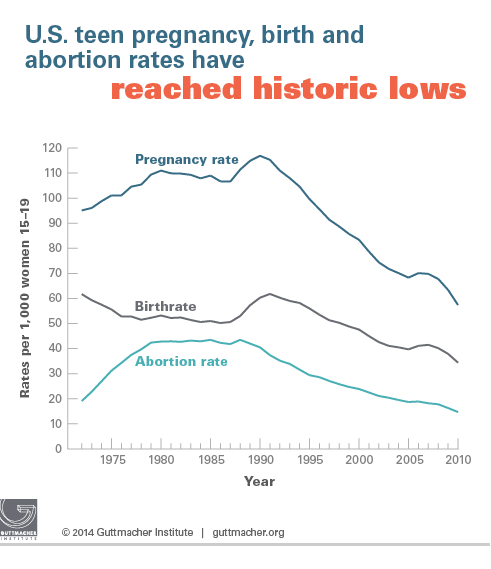
Teen Pregnancy and Abortion: A Complex Issue with Far-Reaching Consequences
Introduction
Teen pregnancy and abortion are highly controversial topics that have been debated for decades. The issue is complex and multifaceted, involving a range of social, economic, and health considerations. This article aims to provide a comprehensive overview of teen pregnancy and abortion, exploring the causes, consequences, and ethical implications associated with these issues.
Causes of Teen Pregnancy
Teen pregnancy is a significant public health concern, with an estimated 750,000 teenagers becoming pregnant each year in the United States. Several factors contribute to the high rates of teen pregnancy, including:
- Lack of comprehensive sex education: Many teenagers lack access to accurate and age-appropriate information about sexual health and contraception.
- Peer pressure: Teenagers may feel pressured to engage in sexual activity by their peers or romantic partners.
- Poverty and lack of opportunity: Teenagers living in poverty may have limited access to healthcare, education, and other resources that can help them make informed decisions about their sexual health.
- Trauma and abuse: Teenagers who have experienced trauma or abuse may be more likely to engage in risky sexual behavior.
Consequences of Teen Pregnancy
Teen pregnancy can have far-reaching consequences for both the mother and the child. For the mother, teen pregnancy can lead to:
- Increased risk of health complications: Teen mothers are more likely to experience premature birth, low birth weight, and other pregnancy-related complications.
- Lower educational attainment: Teen mothers are more likely to drop out of school, which can limit their future economic opportunities.
- Economic hardship: Teen mothers are more likely to live in poverty and experience financial instability.
For the child, teen pregnancy can lead to:
- Increased risk of health problems: Children born to teen mothers are more likely to have low birth weight, developmental delays, and other health issues.
- Lower educational attainment: Children born to teen mothers are more likely to have lower academic achievement and higher dropout rates.
- Increased risk of poverty: Children born to teen mothers are more likely to live in poverty and experience economic hardship.
Abortion
Abortion is a medical procedure that ends a pregnancy. It is a legal and safe procedure in the United States, but it remains highly controversial.
Reasons for Abortion
Teenagers may choose to have an abortion for a variety of reasons, including:
- They are not ready to be a parent: Teenagers may feel that they are not emotionally, financially, or physically prepared to raise a child.
- They want to continue their education: Teenagers may choose to have an abortion so that they can focus on their education and future career goals.
- They have health concerns: Teenagers may have health conditions that make it unsafe for them to carry a pregnancy to term.
- They were victims of rape or incest: Teenagers who have been victims of sexual assault may choose to have an abortion.
Ethical Implications of Abortion
The ethical implications of abortion are complex and highly debated. Some people believe that abortion is morally wrong because it involves the taking of a human life. Others believe that women have the right to make decisions about their own bodies and that abortion should be legal and accessible.
Legal Status of Abortion
In the United States, abortion is legal and protected by the Supreme Court’s 1973 decision in Roe v. Wade. However, many states have passed laws that restrict access to abortion, such as requiring parental consent or waiting periods.
Prevention of Teen Pregnancy
Preventing teen pregnancy is essential to reducing the number of abortions and improving the lives of teenagers and their children. Effective prevention strategies include:
- Comprehensive sex education: Providing teenagers with accurate and age-appropriate information about sexual health and contraception can help them make informed decisions about their sexual behavior.
- Access to contraception: Making contraception easily accessible to teenagers can help prevent unplanned pregnancies.
- Support for families and communities: Providing support for families and communities can help create a positive environment for teenagers to make healthy decisions about their sexual health.
Conclusion
Teen pregnancy and abortion are complex issues with far-reaching consequences. By understanding the causes, consequences, and ethical implications of these issues, we can work towards preventing teen pregnancy, reducing the number of abortions, and improving the lives of teenagers and their children.